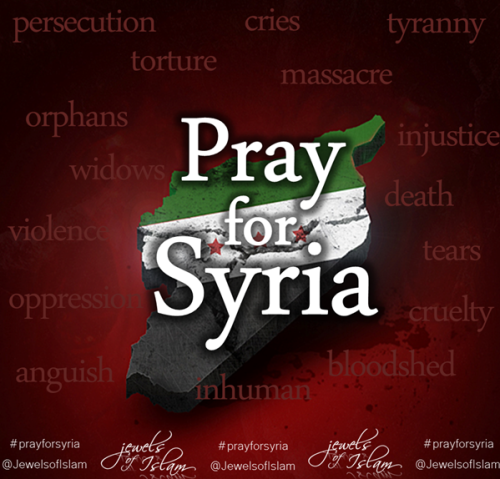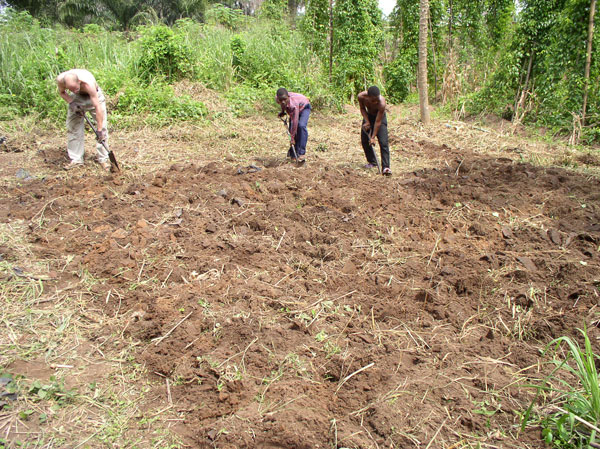Last week, my heart broke as I sat down to the evening news and saw images of the 1400+ Syrians mercilessly killed at the hands of their own leader. A civil war that has waged for several years and claimed over 100,000 lives was suddenly hitting close to home. I cannot imagine the fear, grief, anxiety, and pain the Syrian people are experiencing.
My heart sunk even deeper on Saturday when I heard our President calling for our own nation to respond to the Syrian crisis with a military strike. I have prayed and worried for my older brother as he served in Iraq and Afghanistan, and the thought that our nation may again become embroiled in war overwhelms me.
And yet, our President, Congress, and other international leaders find themselves in a difficult situation. To do nothing sends the signal that the international community will sit idly by while innocent life is taken. To take military action is to respond to violence with violence, which will neither solve the Syrian crisis nor bring about a lasting peace.
No matter how the international community chooses to respond to this crisis, we who follow Jesus have only one appropriate response: prayer. God’s desire is that none of His children war with each other, that no one be victimized by brutal violence, and that all live at peace. In his death and resurrection, Jesus broke the cycle of violence and death that plagues our world and created the conditions for a true and lasting peace.
Pope Francis has invited people of faith around the world to observe a day of prayer and fasting for the people of Syria this Saturday, September 7th. I myself intend to join with brothers and sisters across the world in observing this solemn day. I will fast from sun-up to sundown, and spend time through the day praying for the victims, for the peaceable end to the civil war, for those working for peace and justice, and for national and international leaders as they discuss a response. I encourage all of you to join me and brothers and sisters around the world in this day of fasting and prayer.
In our worship service this Sunday, we will continue this observance with a special time of prayer for the people of Syria. No matter what your opinion on this matter (and our opinions are many), prayer is our way of acknowledging that the challenges of our world cannot be met by politicians, generals, or cruise missiles, but only by the power of our great and gracious God.







